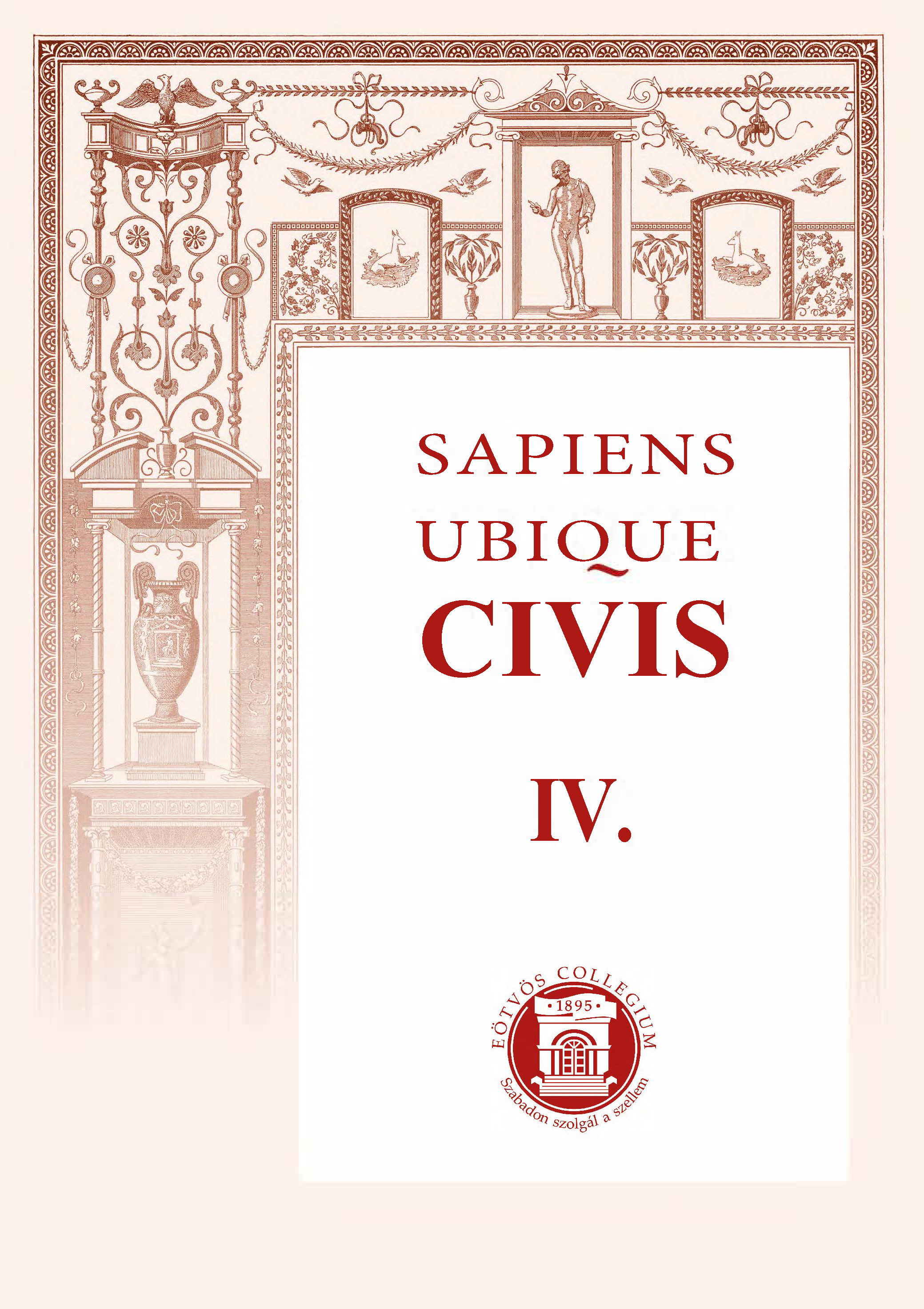The Eunomia of Solon How to change the citizens of Athens
Main Article Content
Abstract
The so-called Eunomia of Solon is one of the most famous elegies of early Greek poetry. Too often, however, the actual aim of the elegy as a means of persuasion seems to be forgotten; Solon does not want to present a political theory here, but to convince the Athenian citizens. With the help of the theories of Performativity (Fischer-Lichte) and Emotion Studies (Winko and Hillebrandt), the elegy is examined in a close reading for persuasive elements that are intended to draw the Athenian citizens to Solon’s side. The results show a clear structure with a focus on emotionalizing the problems of the city and Solon’s opponents with a simultaneous rationalization of his position and legislation.
Article Details
How to Cite
Wurzinger, C. (2023). The Eunomia of Solon: How to change the citizens of Athens. Sapiens Ubique Civis, 4, 9–36. https://doi.org/10.14232/suc.2023.4.9-36
Section
Articles

